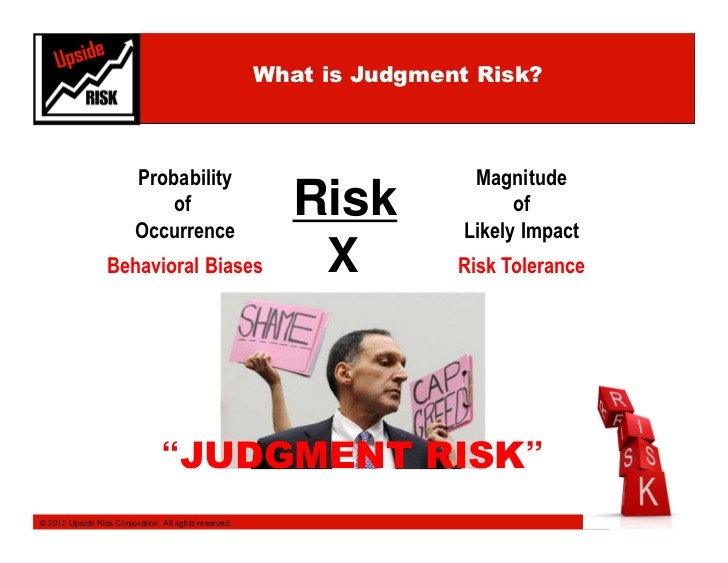Behavioral Finance 101 An Introduction
Post on: 16 Март, 2015 No Comment

Behavioral Finance 101: An Introduction
By Gerald Townsend
This year we introduce a new “101” series on “Behavioral Finance.” Articles in our previous “101” series on Economics, Estate Planning, Tax Planning, Financial Planning, and Investment Management, are available on the www.boomnc.com website.
Modern economic and investment theory is based on the assumption that people are rational and markets are efficient. These rational people see the uncertainty in the world and in their portfolios and make careful unbiased decisions by impartially judging the payoffs and risks of their choices and acting accordingly.
But is this true? Do you always make rational investment decisions? Are markets always efficient?
Behavioral finance—sometimes referred to as behavioral economics or investor psychology—provides an alternative view. It sees investors as “normal,” not rational, and markets that sometimes don’t function efficiently.
At the macro level there is much evidence that stock prices regularly deviate from their fundamental value, so markets are not always efficient, and investors—as a group—often make irrational decisions. At the micro—personal—level, we all routinely exhibit faulty logic and have biases. While we may not be able to eliminate or even change our thinking and biases, if we can learn to recognize them, perhaps we can at least learn to harness and control them.
Cognitive Biases A cognitive bias is the tendency to think in a certain way, such as a rule of thumb that may or may not be true. For example, if you see a man dressed as a policeman, you assume he is a policeman.
One category of these is “belief perseverance” biases and is related to the mental discomfort we experience when recent information contradicts or challenges our opinions or beliefs. An example is the “illusion of control” bias, where we think we have more control over the outcome than we actually do. For example, when given the choice between paying for a lottery ticket where you can select your own number versus receiving a randomly assigned number, people are willing to pay a bit more for being able to choose their own number, even though the probabilities of winning are the same either way. With investments, this could lead to excessive trading or a poorly diversified portfolio, because someone has the illusion of control.
Other belief perseverance biases include conservatism, confirmation, representativeness, and hindsight.
Another category is “information-processing” biases and occurs when information gets processed illogically or irrationally. The “availability” bias is a mental shortcut to estimate the probability of an outcome based on how easily it comes to mind. For example, a recent car accident will make you drive more carefully than an accident that happened a year ago. Availability means the first thing in your mind may be an advertisement for a product and this steers your purchase decision. Availability might lead you to overinvest in a company or industry you work in or in something that matches your personal interests, but is inappropriate for you.
Other information-processing biases include anchoring, mental accounting and framing.

Emotional Biases An emotional bias is a mental state that arises spontaneously rather than consciously and is related more to impulses and intuition than to thinking.
Self-control is an emotional bias where people fall prey to short-term thinking and fail to focus on long-term goals. This bias could lead to spending more today instead of saving for the future or taking excessive risk to generate greater short-term returns instead of following a more sensible accumulation plan.
Other emotional biases include loss aversion, overconfidence, status quo, endowment, and regret.
Over the rest of this year, we will be examining many of these biases, learning how to recognize them in others and ourselves and also looking at ways of dealing with them so we can make better financial decisions.
This is going to be a fun journey.
Gerald A. Townsend, CPA/PFS/ABV, CFP ®. CFA ®. CMT is president of Townsend Asset Management Corp. a registered investment advisory firm. Email: Gerald@AssetMgr.com .














